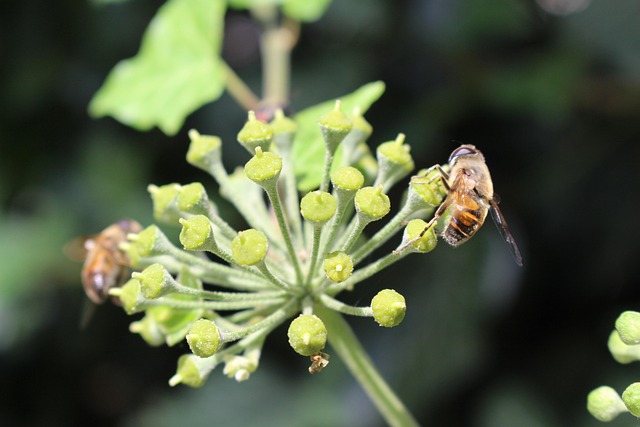Sustainable Solutions: Permaculture Combatting Desertification amid Climate Change
As our world faces the increasing threats of climate change, the urgent need for sustainable and resilient agricultural practices becomes more apparent. One approach that has garnered attention for its potential to combat desertification is permaculture. This holistic system of agricultural design focuses not just on the products we harvest, but rather on the entire ecosystem we create through careful planning and nurturing of our resources.
The Environment and Its Challenges
Desertification—the process where fertile land becomes increasingly arid often as a result of drought, deforestation, or inappropriate agriculture—poses a significant threat to our global environment. It reduces biodiversity, diminishes natural habitats, and severely affects food production. As communities grapple with diminishing resources, they are often left vulnerable, particularly in regions already experiencing the harsh effects of climate change.
Enter permaculture, a practice that promotes sustainable agriculture by mimicking natural ecosystems. Unlike conventional farming, which often relies heavily on chemical inputs and monocultures, permaculture emphasizes diversity, resilience, and harmony with the environment. By understanding the delicate balance of nature, permaculture can regenerate soil, increase water retention, and enhance biodiversity, ultimately creating a self-sustaining system that combats the very roots of desertification.
Climate Change and Permaculture
The link between climate change and desertification is undeniable. Rising temperatures, altered rainfall patterns, and extreme weather events exacerbate the likelihood of land degradation. However, permaculture provides a solution that is more than just an alternative farming method; it is a philosophy that rethinks our relationship with the land. By implementing techniques such as companion planting, keyline design for water management, and soil-building practices, permaculture practitioners can reverse the symptoms of desertification and help restore the health of our ecosystems.
Additionally, permaculture advocates for local solutions—empowering communities to develop systems based on their specific conditions and needs. This grassroots level of involvement not only strengthens local resilience but also fosters a deeper understanding and appreciation of the environment. When people actively engage with their surroundings, they are more likely to care for them and work towards sustainable practices that will benefit generations to come.
A Call to Action
It is crucial that we embrace sustainable practices like permaculture as we address the growing challenges posed by climate change and desertification. Each small step towards creating a healthier ecosystem contributes to a larger movement of environmental restoration. Whether you’re a seasoned gardener or a beginner interested in starting a home garden, every effort counts. By participating in permaculture, you become part of a global solution that not only combats desertification but also promotes biodiversity, regeneration, and a healthier planet.
As we look to the future, let us be inspired by the power of permaculture and remember that healing our environment begins with understanding, respect, and a commitment to sustainability.



